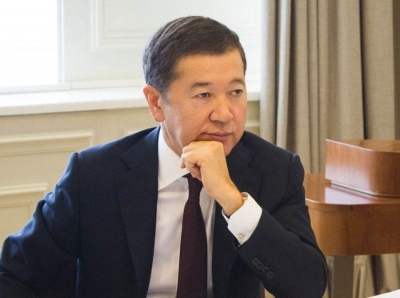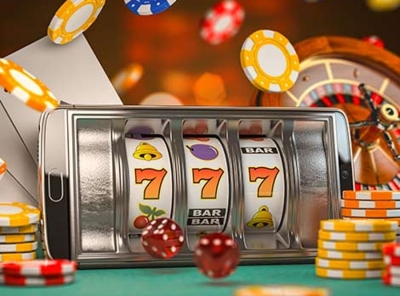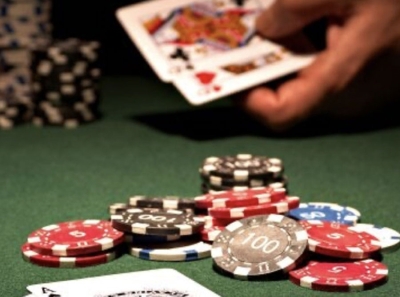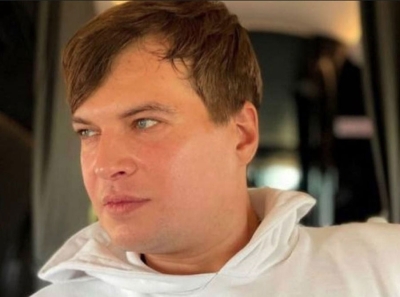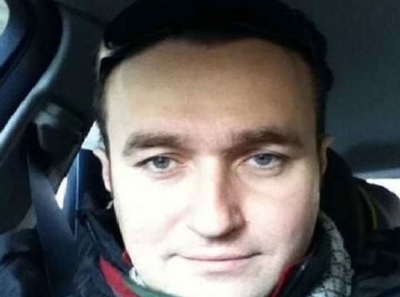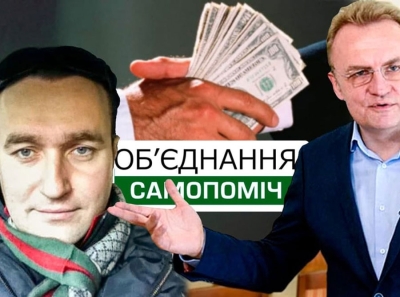Riots in France: what must change?
Although the violent protests have largely subsided, the police shooting of 17-year-old Nahel M. during a traffic check and the ensuiting riots continue to preoccupy France and Europe. A total of 45,000 police officers and security personnel have been deployed, and President Macron will meet today with 220 mayors whose cities were affected by the violence. Commentators call for fundamental changes.
No one addressed the problem
At the latest since the 2005 riots France has been aware that this problem must be dealt with, Večernji list points out:
“Although France has had several different presidents and governments since then, and the country has survived a major economic and financial crisis and then also the European refugee, security and health crises, the situation in the suburbs of the big French cities seems to have remained the same or very similar to what it was two decades ago. ... The violence in the suburbs confirms the failure of the integration policies and testifies to systematic racism within the police force, which no French government has seriously addressed.”
Don’t dismiss this as an isolated incident
The French police force must be subjected to systematic scrutiny, Dagens Nyheter demands:
“Several studies have identified ethnic discrimination in the French police force. There has also been criticism at the international level for some time now — for example of the use of excessive violence in connection with the demonstrations against the increase in the retirement age, but also of racial profiling, religious intolerance and attacks on immigrants. ... It is, of course, tempting for France to declare that this is about a single policeman and his actions. But that would be a mistake. The whole system needs to be examined and purged, right down to its darkest corners.”
France is colour-blind
Officially ignoring ethnic origin can also be seen as a state cover-up, The Times notes:
“In a republic dedicated to egalité no racial differences should ever be officially acknowledged. They have even adopted an English neologism: ‘colour-blindness’. ... More crucially, no French institution may collect ethnicity data. For example, everyone knows that the grandes écoles from which the French elite is drawn discriminate against people of colour; but they are forbidden to collect data that would prove it. ... Viewed from the banlieues, ‘colour-blindness’ is nothing less than a state cover-up.”
Neglected police force
Kleine Zeitung is very critical of the French police:
“It is no coincidence that being a police officer is a problematic profession in France. Poorly trained and equipped police officers are sent into action at record speed — there are now seven times as many as before the 2015 attacks. Police are poorly paid and burnt out. For years now, the suicide rate among the French police has been alarming. There is little talk about this. As much as President Emmanuel Macron likes to vaunt France’s strong police force: he, too, has neglected this professional group.”
Risk of contagion is real
Público compares the situation with the riots in the US after George Floyd’s death:
“It’s the same bipolarisation and the same age-old sin: the lack of social responses or public action aimed at addressing the concrete problems of the most disadvantaged sectors of society. There is a problem in France and the risk of contagion for other European countries is real. As long as those in power believe that the real problem is the thousands of cars set on fire, the hundreds of arrests and the social networks, the protesting youth will not put down their arms.”
France’s George Floyd moment
The feeling of being second-class citizens is at the heart of most banlieue riots, explains Der Standard:
“This was already the case with the ‘historic’ riots of 2005, when two teens in Clichy-sous-Bois were killed while fleeing from the police. The situation is aggravated today by the fact that, unlike in 2005, a video is now circulating that leaves little room for doubt. Its emotional impact in the French banlieue neighbourhoods is as powerful as the video of George Floyd’s death. ... And in France, whose republican foundation is the revolution of 1789, which was also fought out in the streets, it is never a long way from passionate emotions to popular upheaval.”
No organised political pressure
The angry outcries in the banlieues are at a disadvantage compared to other protests in France, analyses Le Temps:
“The protests there are taking place against the backdrop of an economic and social crisis that closes off any and all prospects. But unlike other social outcries in France, the anger in the banlieues has a hard time organising itself and creating lasting political pressure, meaning that it will no doubt remain unheard in the long term. And remain sporadic. Until the next drama.”
Too little has changed
Marine Le Pen is likely to benefit from the unrest, Die Welt believes:
“The next presidential elections take place in 2027. ... If Le Pen has a chance of coming to power, it’s also the result of frustration over how little has changed since 2005. The problem neighbourhoods have been the target of expensive urban development programmes, but unemployment and crime there are still far above the national average. And anyone who thinks these problems only exist in France should remember the New Year’s Eve riots in Berlin [in which police and rescue services were attacked with fireworks] and the debates that ensued.”
No one should die in a traffic check
La Vanguardia calls for moderation on both sides:
“The tensions faced by the police in the aggressive context of the banlieues should not be played down. But clearly France needs to rethink the conditions under which the police are allowed to use their weapons. No one should die in a traffic check. But that does not justify young people from an immigrant background taking the law into their own hands and unleashing their resentment and anger in riots and acts of violence.”
A bad old tradition
For the Süddeutsche Zeitung, France clearly has a problem with police violence:
“It’s practically impossible to keep track of the number of cases documenting clearly abusive behaviour by the security forces. To make matters worse, the police have been armed with rubber bullets and other controversial weapons. ... In line with their bad old tradition, the police in France do not primarily protect the citizens. They protect the state. This basic attitude permeates all units, from the special forces to the traffic police. De-escalation is alien to many. As long as nothing changes, incidents like this will keep happening. And the violence will not stop. On either side.”
Legitimate anger
We should show understanding for the protest movements, Libération urges:
“The point is not necessarily to approve of the protests but to understand them. For some, they seem to be the only way to draw attention to the double injustice of brutality and impunity. If the law allows the security forces to use their firearms even when they are not acting in self-defence, society must at least recognise the right to legitimate anger.”
Black and white thinking no good
La Tribune de Genève criticises the unproductive debate on the subject:
“There is no denying it: police violence exists and it often eludes the law. ... But on the other side is the victim, young Nahel, whom footballer Kylian Mbappé called ‘a little angel’. ... The ‘little angel’ was, at least on that morning, an offender who deliberately chose to take a risk. He paid far too dearly for it, but if he hadn’t got behind the wheel he would still be alive. If he had obeyed the police, he would still be alive. In the political debate in France, these two truths are never considered together. It’s a pathetic, sad debate that fuels further violence because each side only sees the other side’s violence.”
